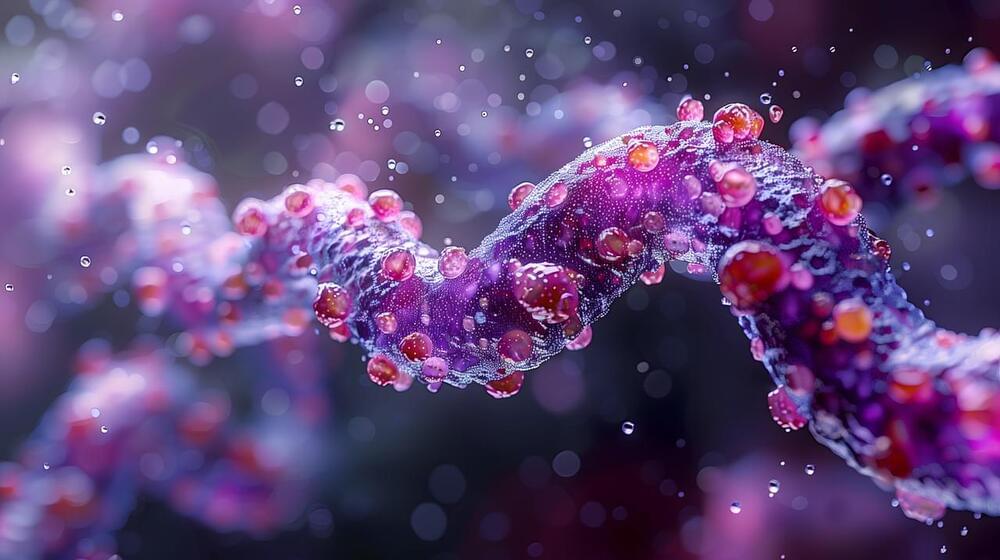A recent article in Cell Reports Medicine, by Dr. Felipe Andrade, uncovers insights into lupus symptoms. More specifically, how these symptoms can range in severity among individuals. Andrade is a principal investigator and Associate Professor at the Johns Hopkins School of Medicine and specializes in rheumatology. His work focuses on the mechanisms of systemic autoimmune disease and the role of proteins that mediate this mechanism.
Lupus is an autoimmune disorder in which the body attacks its own tissues and cells. A chronic inflammatory disease, lupus affects about 1.5 million Americans. While the cause of lupus is unknown, there are several subsets including, systemic lupus erythematosus (SLE), cutaneous lupus, drug-induced lupus, and neonatal lupus. The most common subset is SLE with symptoms that include muscle/joint pain, fever, rashes, chest pain, hair loss, fatigue, mouth sores, kidney issues, and others. Unfortunately, there is no cure for lupus, but medication and lifestyle changes help moderate the symptoms. Medication that prevents or reduces inflammation are usually prescribed with other therapies that target pain and protect tissue damage.
Andrade and others explored the underlying mechanism that drives lupus. Researchers conclude that immune proteins, known as interferons, are elevated in lupus and can cause lupus-related symptoms including rashes, chest pain, fatigue, and soreness. Interferons help regulate inflammation and attract immune cells to the site of infection. In a healthy immune system interferon helps fight off infection. However, in the context of lupus, the protein helps to prolong inflammation that causes deterioration of tissues and cells.
